15 Affordable-Luxe Brands Like Quince for Premium Basics Without the Mark-Up
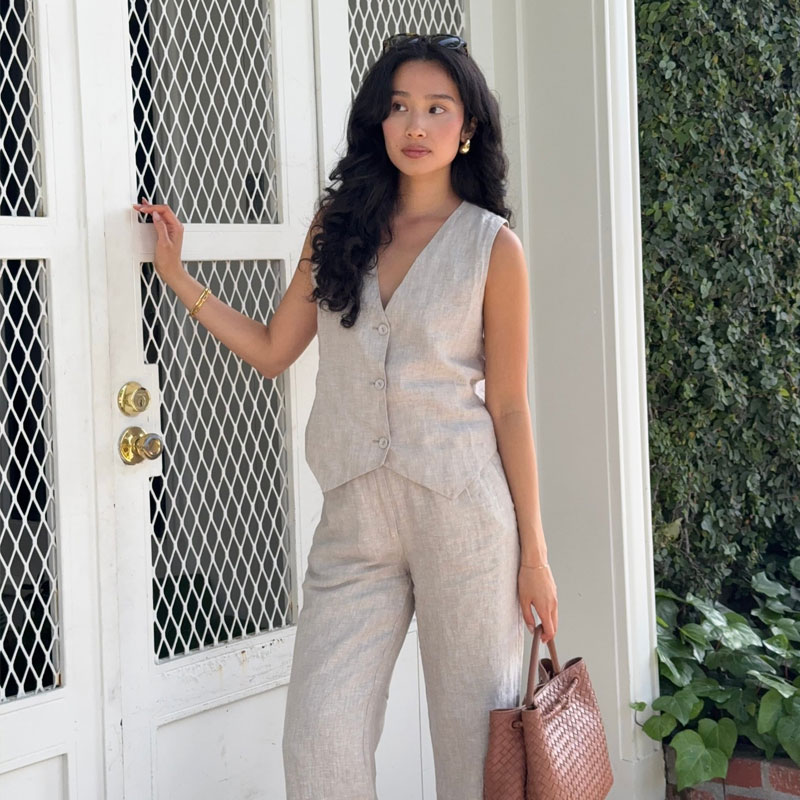
If you’ve fallen for Quince’s $50 cashmere sweaters and silk pillowcases that feel way pricier than they look, you already know the power of factory-direct fashion done right. Cutting out the middlemen, dialing up transparency, and passing the savings straight to your closet—Quince made “affordable luxury” more than just marketing fluff.
But even the best capsule wardrobe needs variety. Maybe you’re hunting a new source for buttery merino layers, recycled-leather totes, or hotel-quality linen sheets that don’t annihilate your credit limit. Good news: Quince isn’t the only label mastering premium essentials at honest prices.
We’ve rounded up 14 brands that hit the same sweet spot of high-grade materials, responsible production, and price tags that leave room in the budget for, well, life. Ready to expand your affordable-luxe roster?
1. American Giant
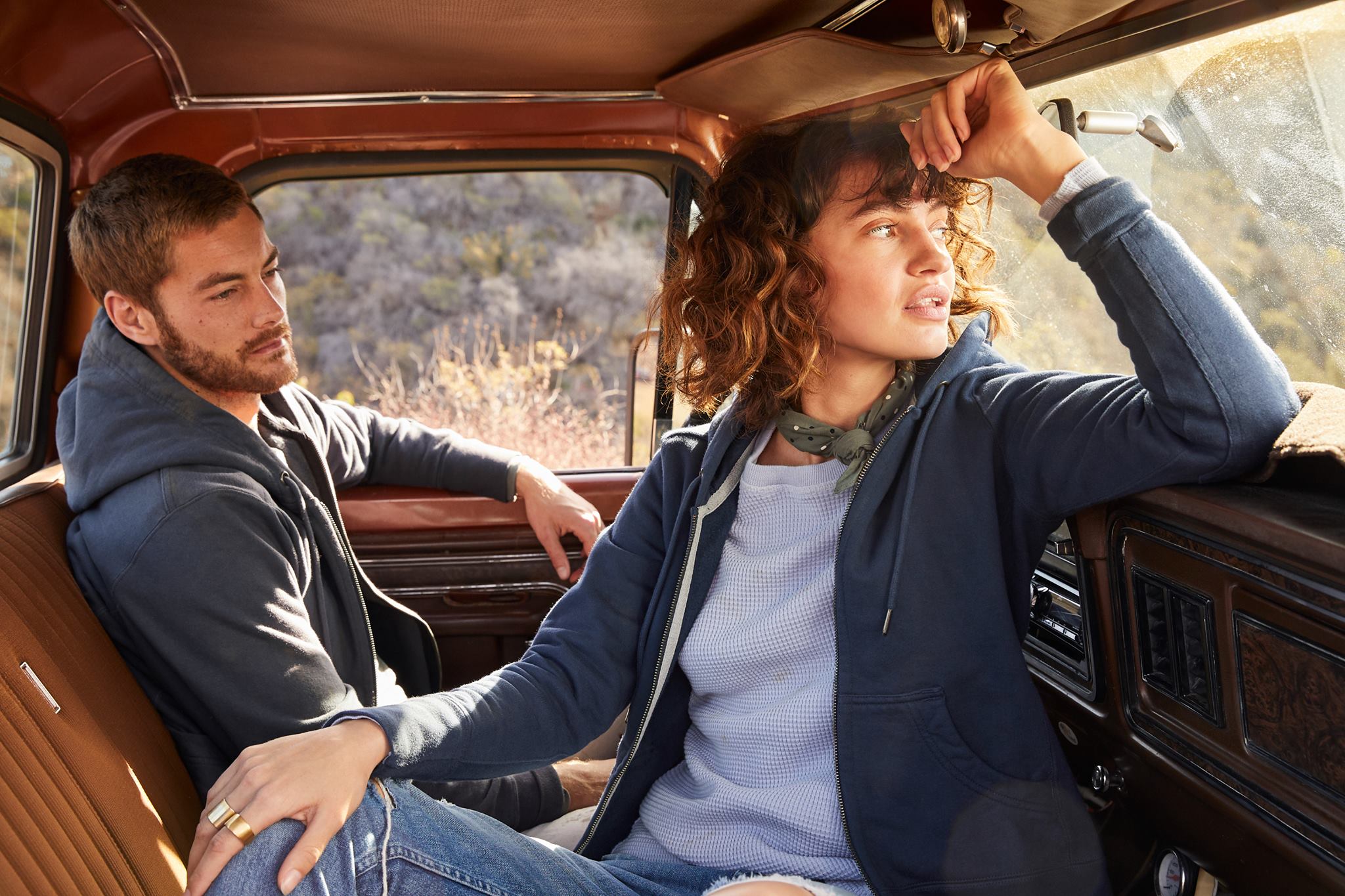
For those who prioritize durability and domestic manufacturing, American Giant is the answer. Their mission is to produce high-quality, rugged clothing entirely in the United States. They are famous for "the best hoodie ever," a heavyweight fleece garment with premium hardware that is built to last a lifetime, not just a season. If you’re tired of disposable basics and fast fashion, this is your antidote.
Shop now at american-giant.com
2. Cuyana
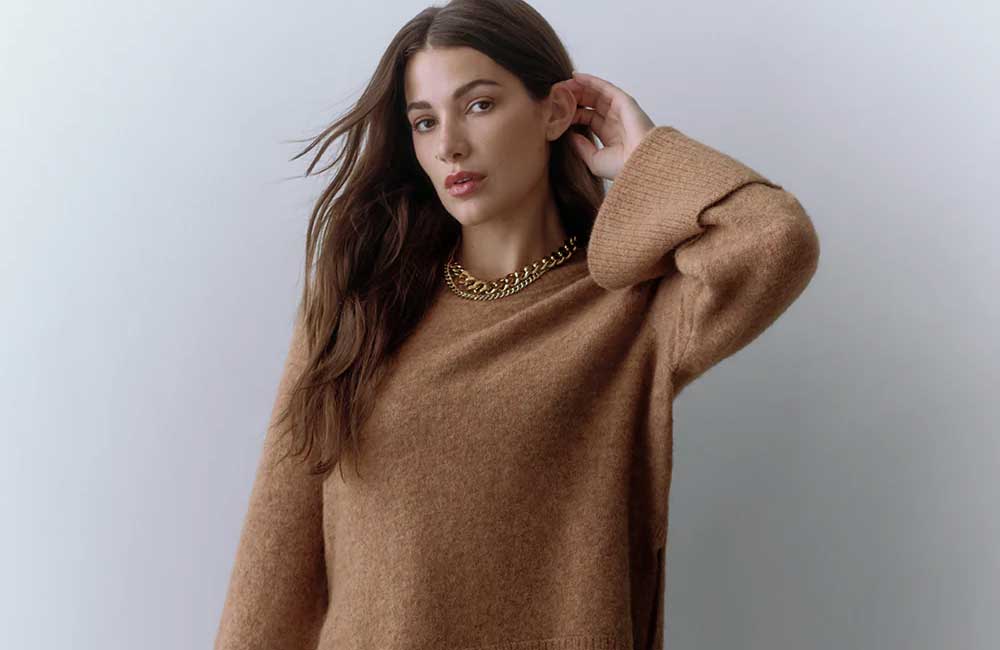
Cuyana is for the woman ready to invest. The brand’s entire philosophy is "fewer, better things"—a call for intentional purchasing. This isn't a 1:1 price competitor; Cuyana justifies its higher cost through immaculate craftsmanship and timeless, elegant design. It’s the perfect brand for acquiring "forever" pieces, like their iconic leather totes, luxurious alpaca sweaters, or monogrammed travel cases.
Shop now at cuyana.com
3 ABLE
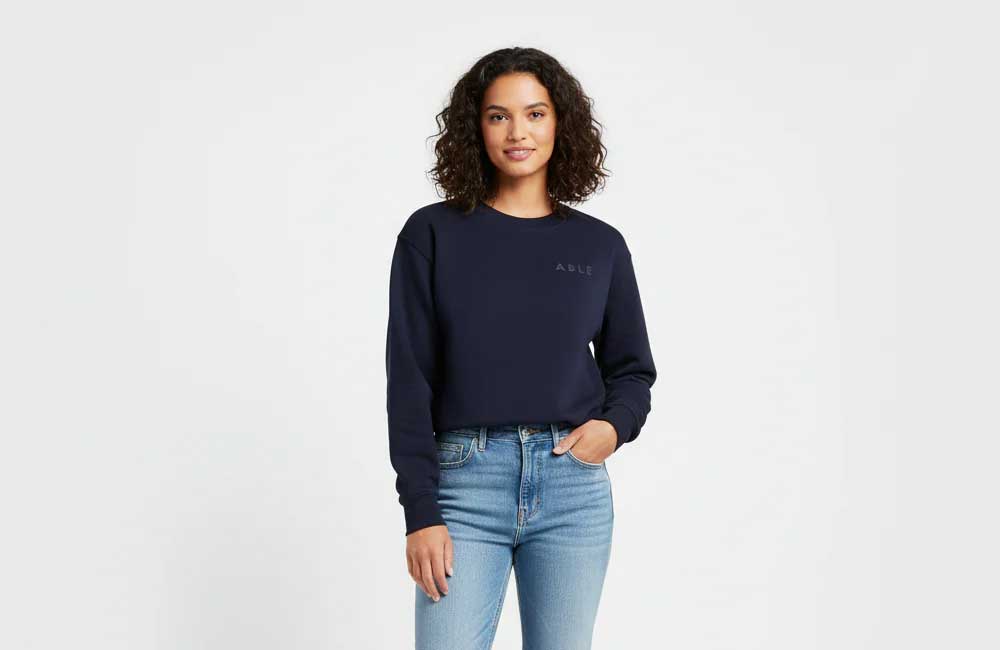
ABLE is a brand built on a mission of empowerment. They began by working with communities to create jobs for women, believing that gainful employment is the key to ending generational poverty. This ethos is woven into every piece, from their quality leather bags to their everyday denim and timeless jewelry. While their prices are slightly higher than Quince's, the investment supports fair wages and a transparent, ethical supply chain.
Shop now at ableclothing.com
4. Everlane
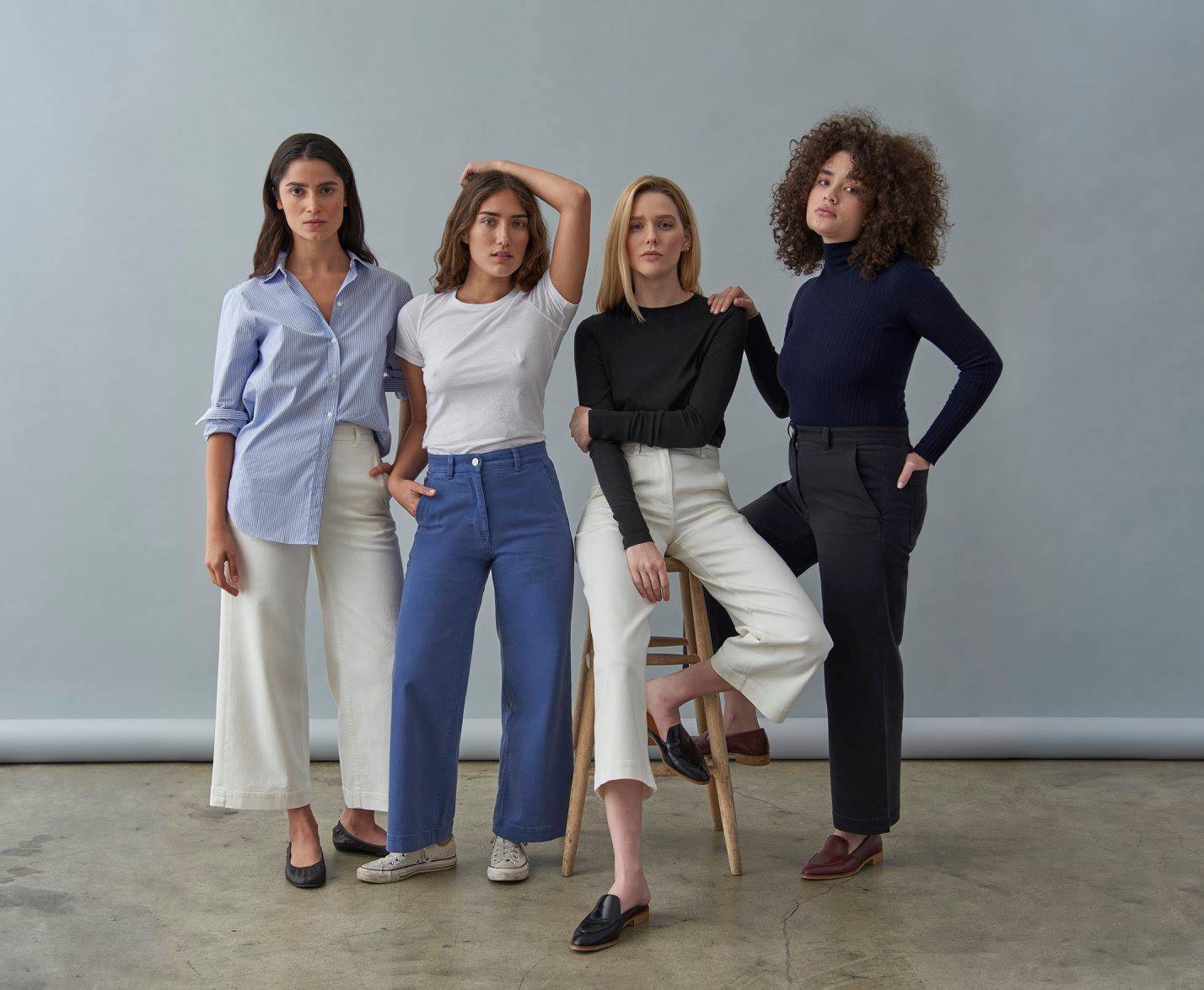
Everlane was the original standard-bearer for transparent retail, building its reputation on "radical transparency" by sharing the true costs of its products. Aesthetically, Everlane offers modern, minimal essentials that feel slightly more urban than Quince’s staples—think the perfect uniform for a creative professional. They are a fantastic first stop for quality-made basics, Grade-A cashmere, and Japanese denim, all at a similarly accessible price point.
Shop now at everlane.com
5. Italic
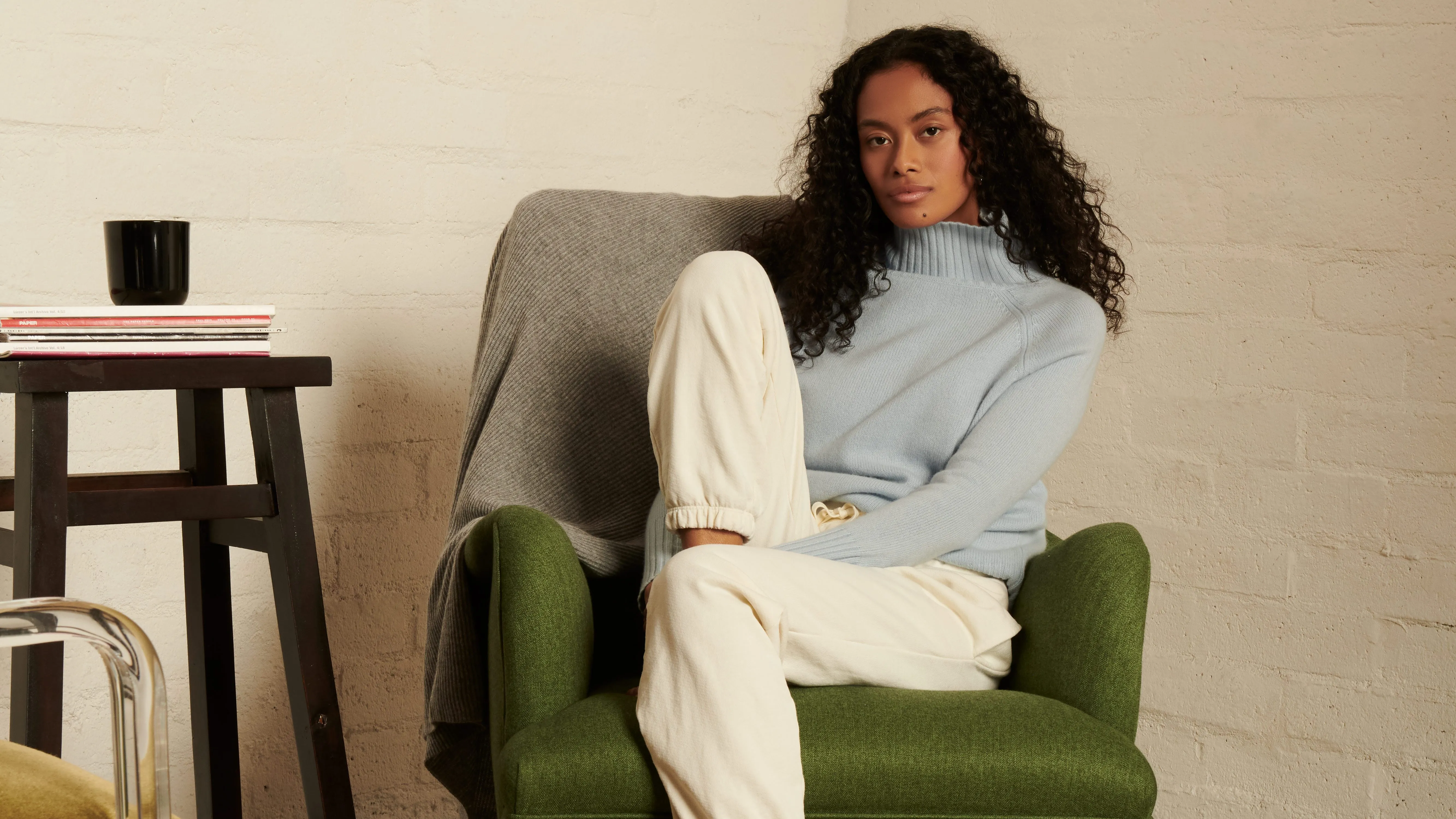
Italic takes the Quince model one step further by operating as an "unbranded" marketplace. Their premise is that they use the exact same manufacturers as top-tier luxury brands (think Prada or Celine), but by selling without a label, they can offer goods (from fashion to cookware) at a fraction of the price. It’s the ultimate stop for those who care about material and construction above all else.
Shop now at italic.com
6. Kotn
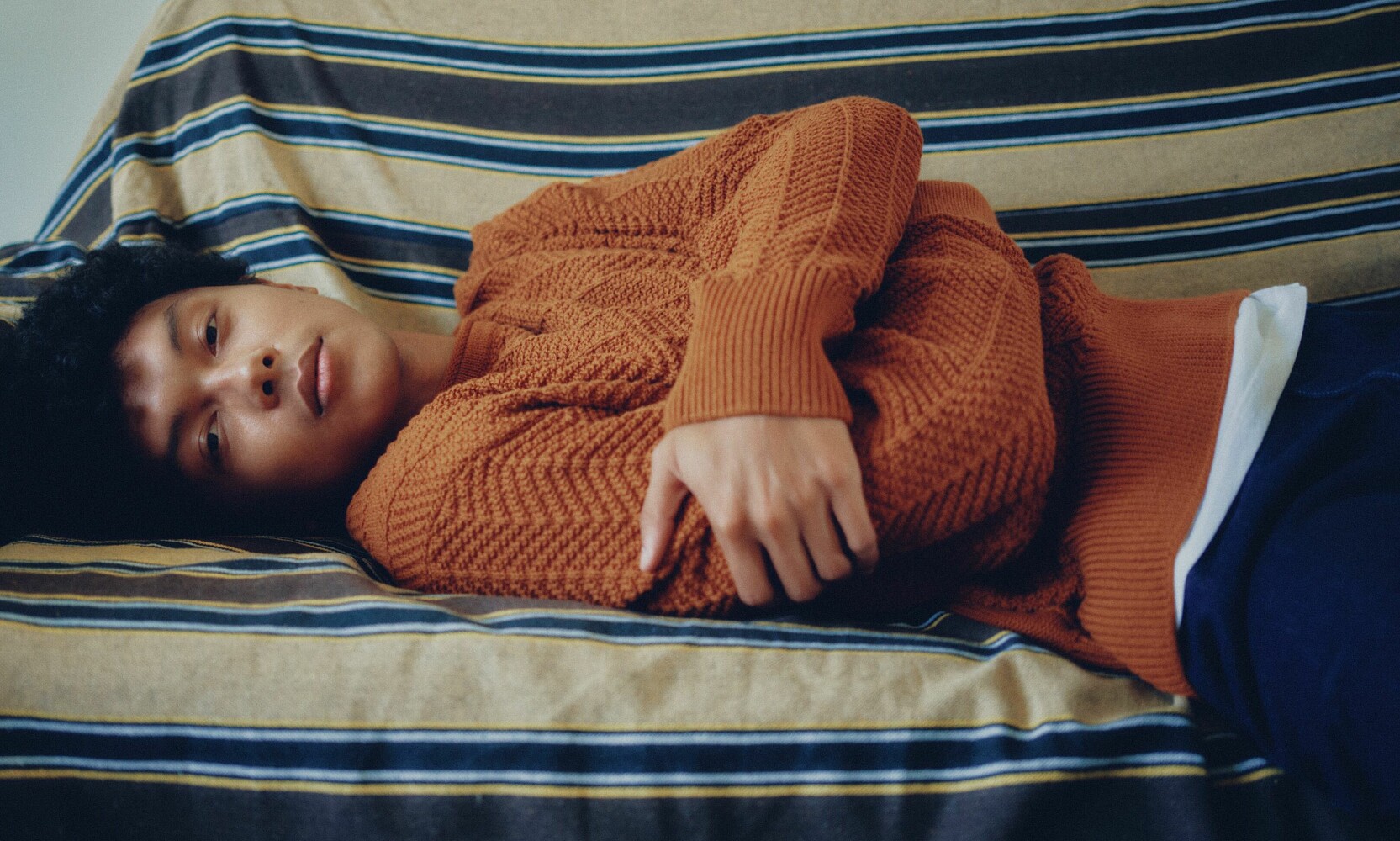
This B Corp-certified brand is built on the virtues of authentic Egyptian cotton. Kotn works directly with farmers in the Nile Delta, ensuring fair wages and helping fund local school construction. Their aesthetic is minimal, timeless, and exceptionally soft—they make the perfect tee. They are an ideal choice for high-quality, rib-knit staples and bedding that feel as good as their ethical backstory.
Shop now at kotn.com
7. Madewell
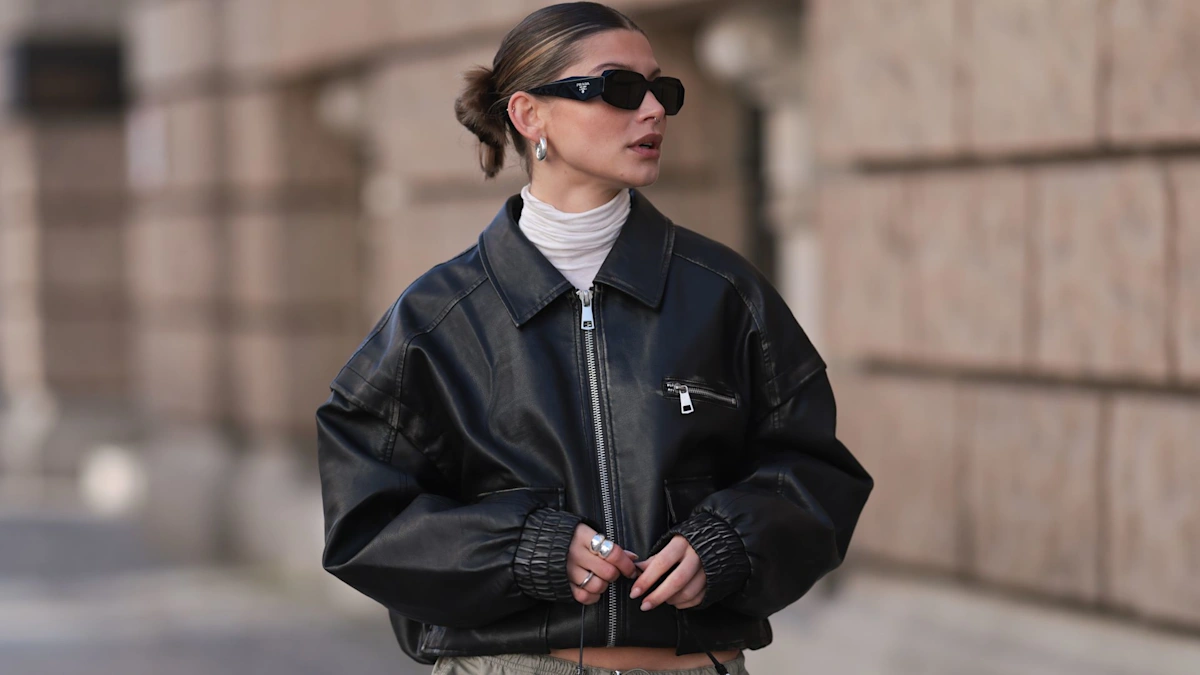
While famous for being a denim-first brand, Madewell has expanded its "Do Well" sustainability platform to rival its DTC counterparts. They offer an effortless, cool-staple aesthetic that extends to tees, leather jackets, and accessories. Their robust trade-in program and use of recycled materials make them a major player in the accessible, ethical fashion space, perfect for building a casual, everyday wardrobe.
Shop now at madewell.com
8. Modern Citizen
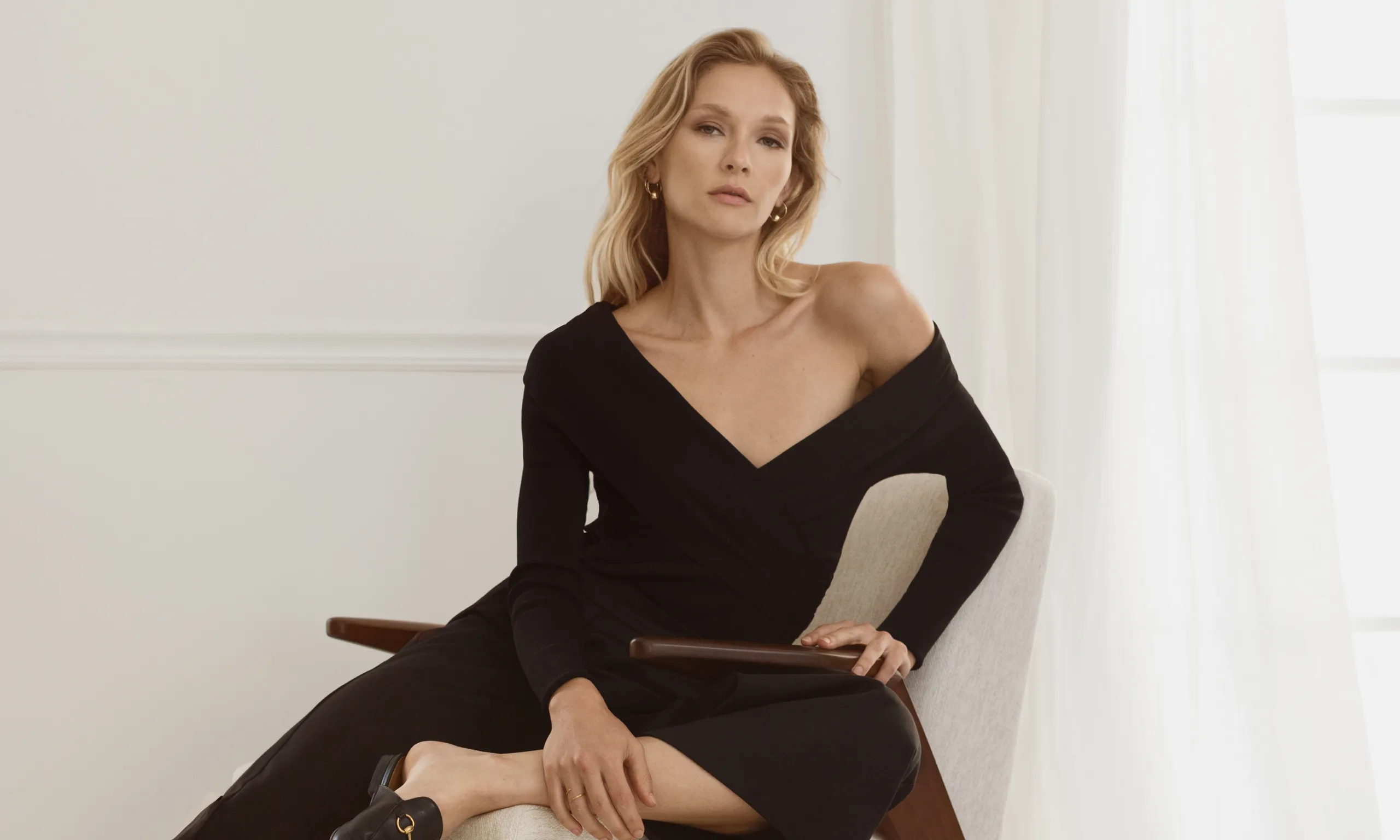
Modern Citizen is designed for the woman navigating a "work-life" wardrobe. Their collection is filled with refined, architecturally-inspired pieces in sophisticated, neutral palettes. It’s the perfect brand for versatile, elegant essentials that transition seamlessly from the office to dinner. Their price point reflects this polished, contemporary aesthetic that feels more "city" than Quince's core basics.
Shop now at moderncitizen.com
9. Naadam
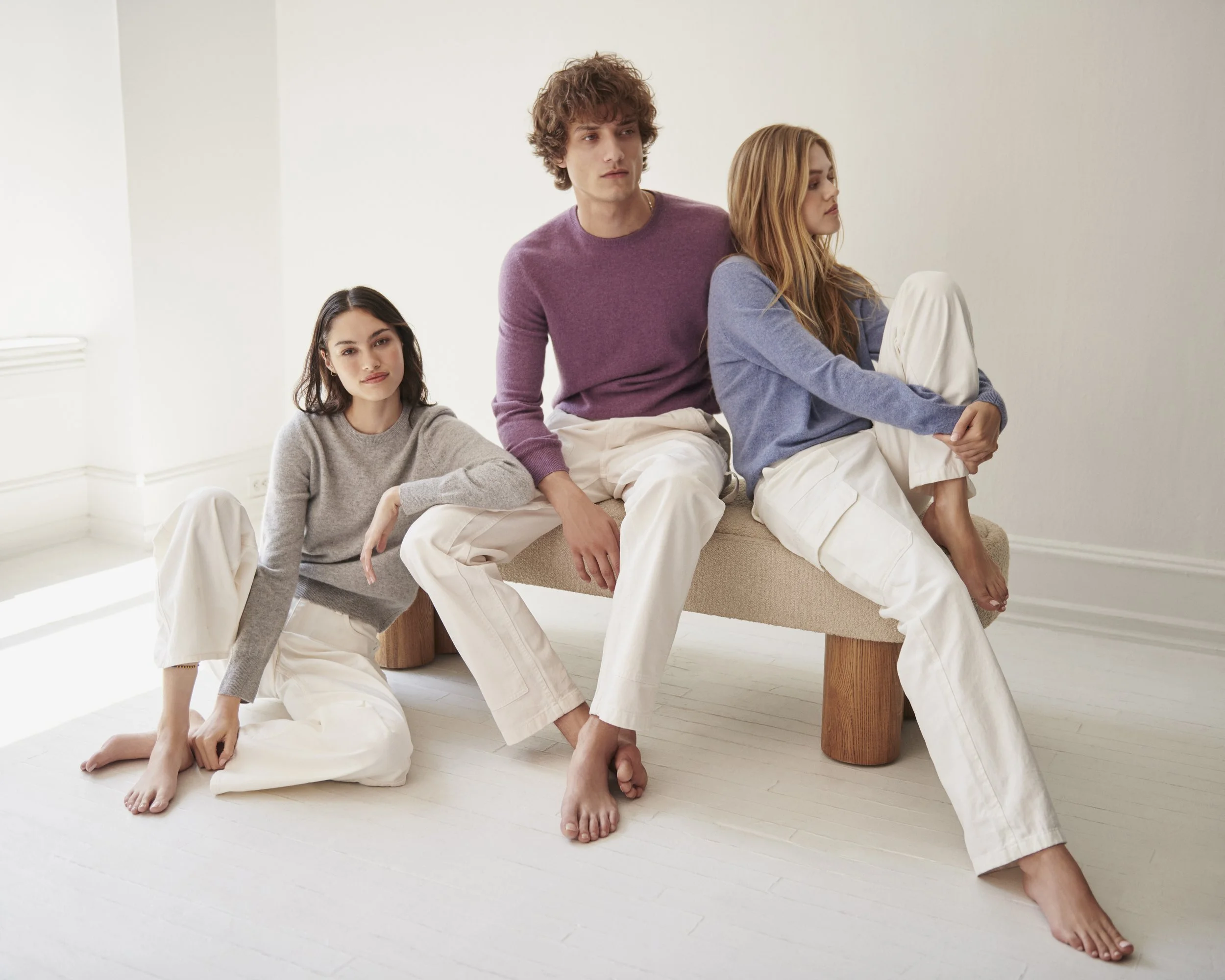
If your love for Quince starts and ends with its $50 cashmere, meet Naadam. This brand is laser-focused on sustainable, affordable cashmere. By working directly with nomadic goat herders in Mongolia, their direct-from-source model allows them to offer top-tier, incredibly soft quality (like their signature $98 sweater) without the luxury markup. It’s a tangible upgrade in softness and thickness.
Shop now at naadam.co
10. Pact
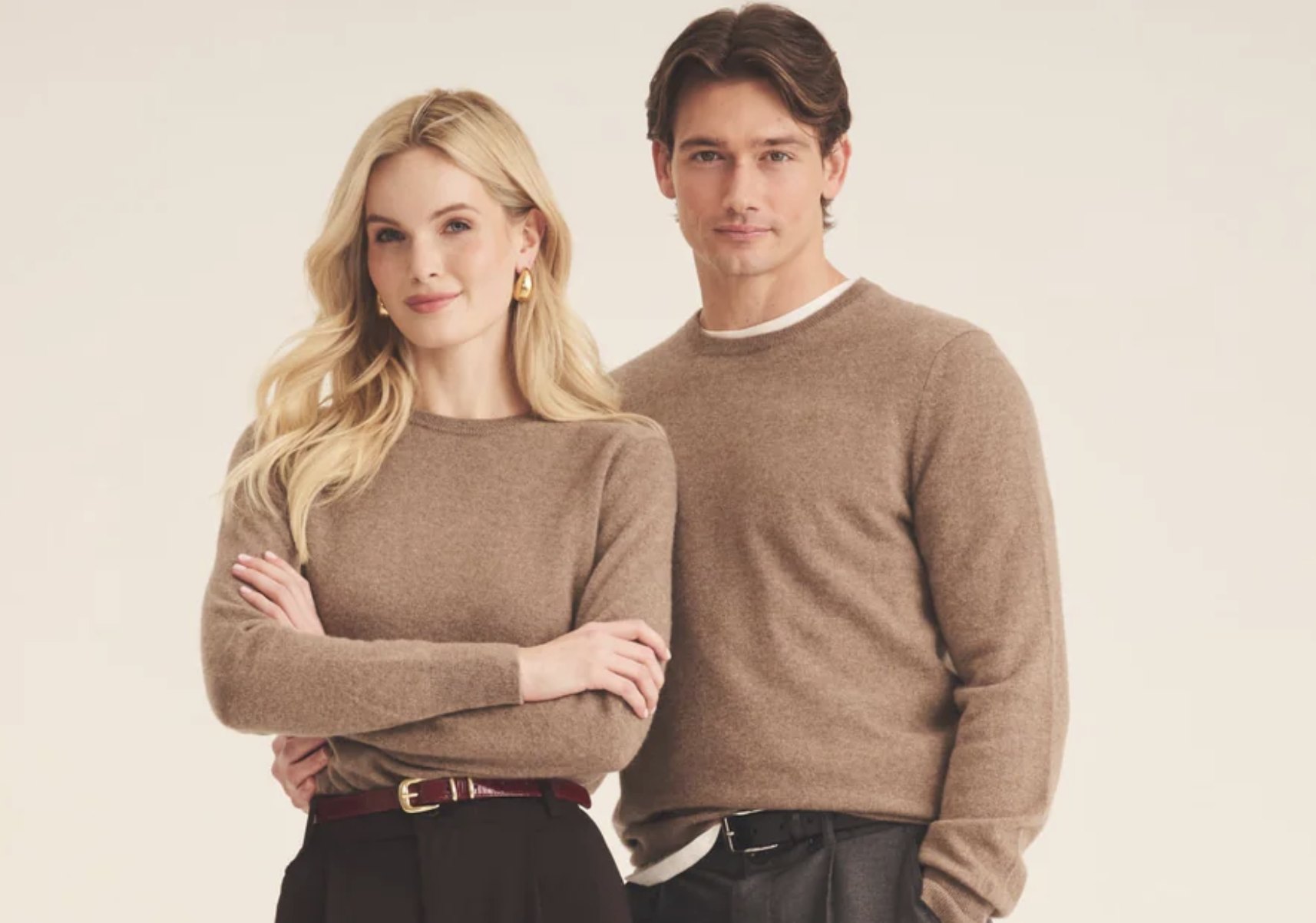
Pact is the go-to for affordable, casual, organic cotton basics. As a Fair Trade Certified brand, their focus is on everyday essentials like tees, underwear, and loungewear that are ethically made and easy on the wallet. If you're looking for the simplest, most comfortable organic staples for your family or for lounging at home, Pact is your answer.
Shop now at wearpact.com
11. Reformation
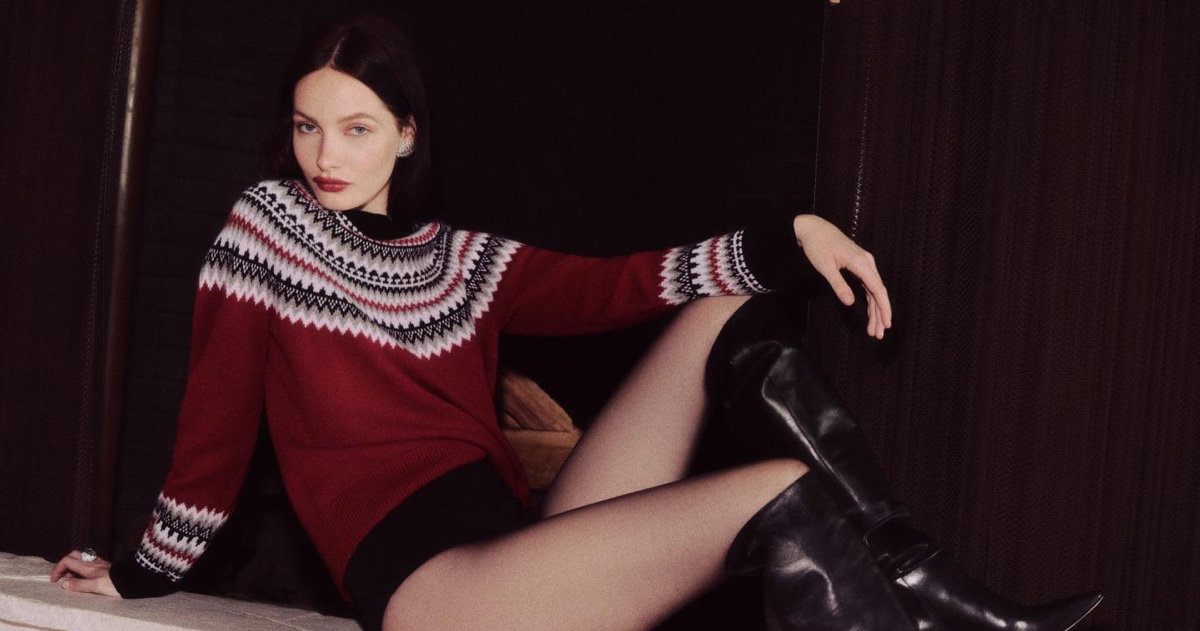
If Quince is the classic staple, Reformation is its cooler, trend-conscious sister. Reformation proves sustainability can be sexy, fun, and fashion-forward. They are known for "It-girl" dresses, vintage-inspired prints, and statement silhouettes, all made from low-impact materials. You're paying for design and trend, all backed by a robust sustainability program.
Shop now at thereformation.com
12. Sézane
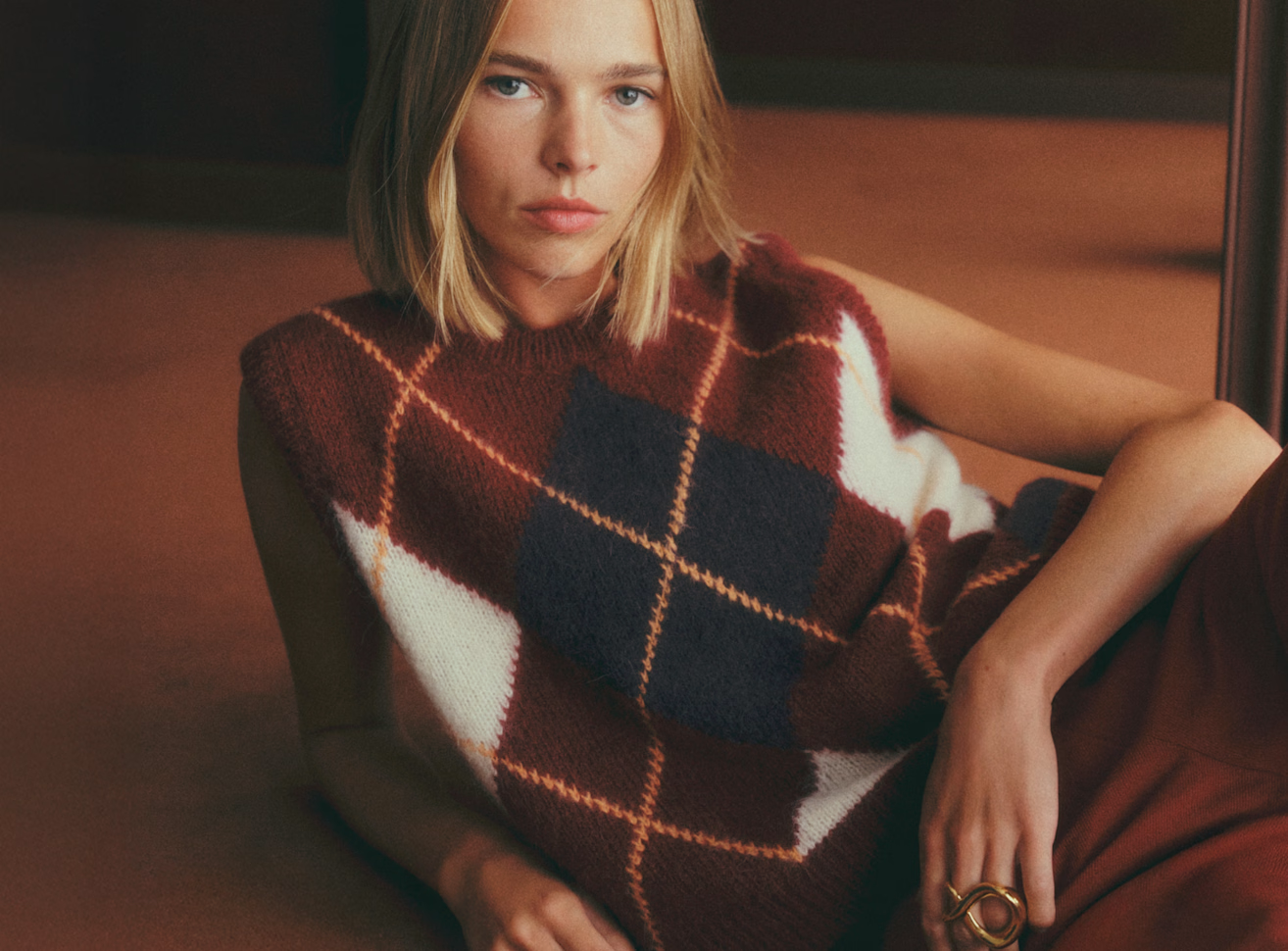
This Paris-born B Corp delivers "French chic" in sustainable, high-quality collections. Sézane operates on limited-quantity "drops," creating a sense of urgency for its vintage-inspired blouses, perfectly-cut denim, and heirloom-quality knitwear. It's a step up in price from Quince, but offers a distinct, romantic aesthetic that is instantly recognizable and designed to be cherished.
Shop now at sezane.com
13. Uniqlo
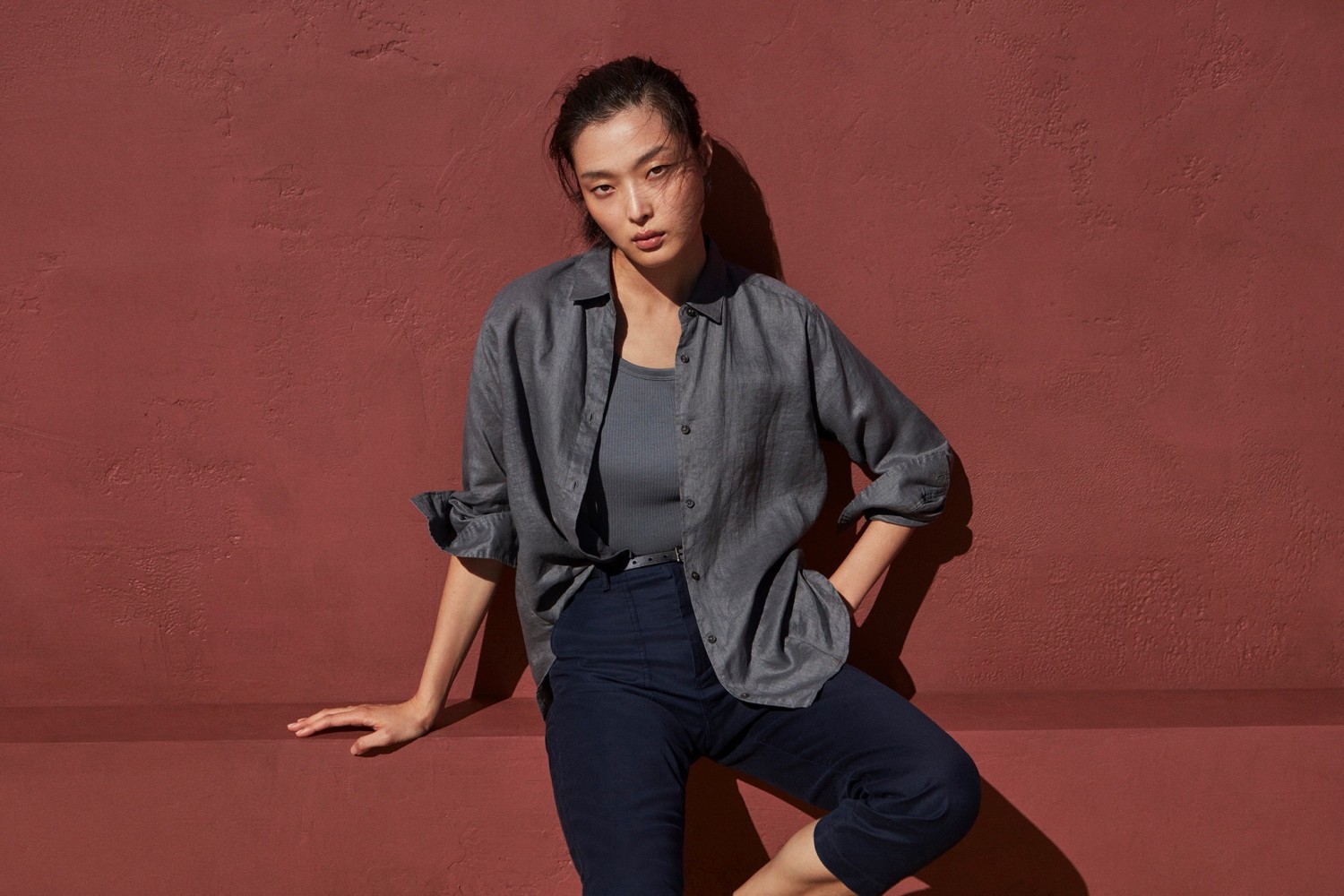
For the shopper whose priority is pure, unadulterated value and technical innovation, Uniqlo is unmatched. This Japanese giant is the global king of performance basics. Their genius lies in proprietary fabrics: AIRism (for breathable, cooling layers) and HEATTECH (for lightweight warmth). We turn to Uniqlo not for luxury dupes, but for the best-in-class, utilitarian backbone of any modern wardrobe.
Shop now at uniqlo.com
14. COS
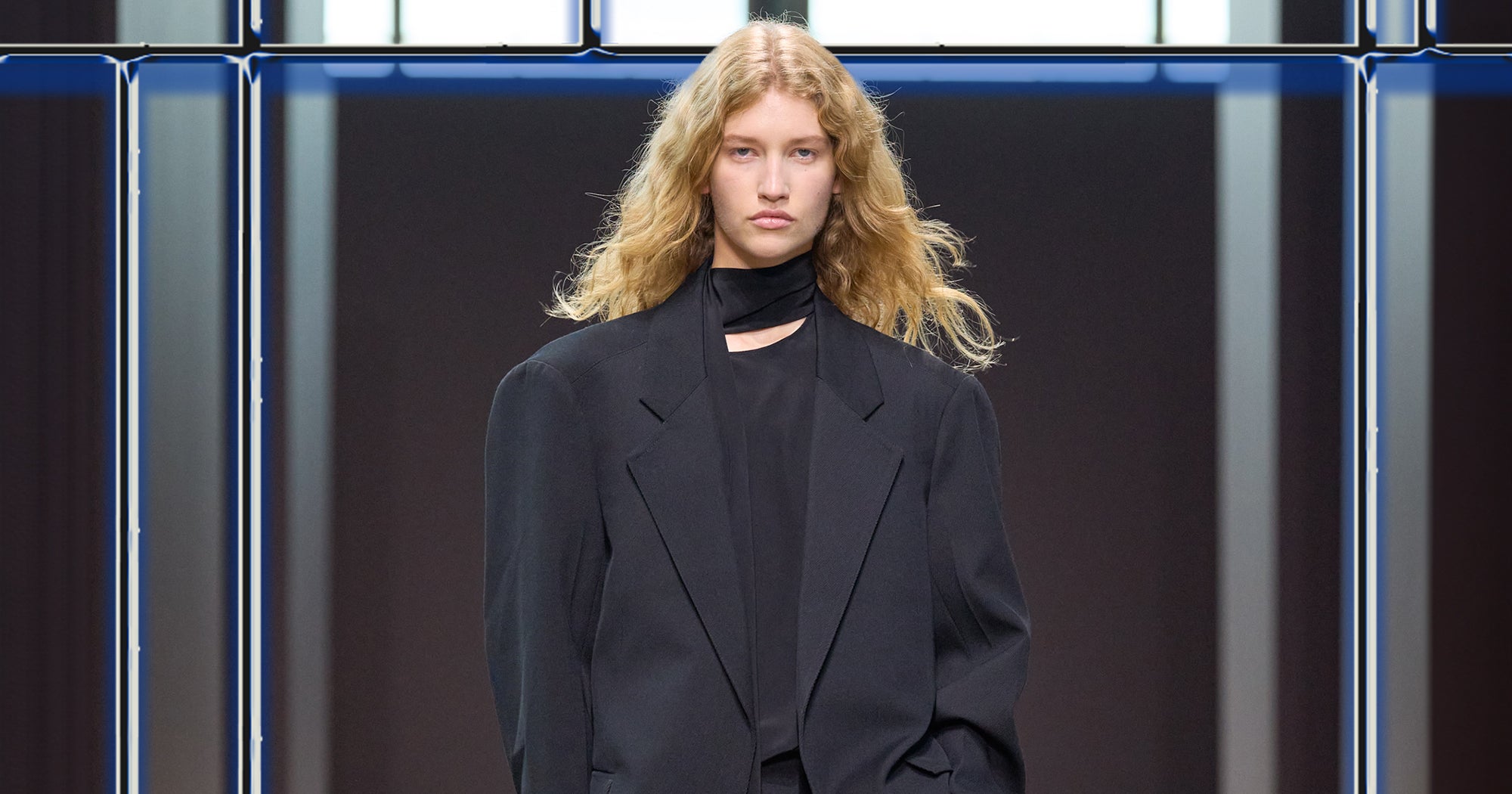
As the sophisticated, design-focused sibling in the H&M group, COS (Collection of Style) offers a more architectural and "grown-up" aesthetic. It’s a master of elevated minimalism, feeling like a luxury brand without the luxury price point. Their collections are full of modern workwear, structured knitwear, and timeless outerwear, often using sustainable materials like organic cotton and merino wool.
Shop now at cos.com
15. Garnet Hill

For those who find Quince a bit too minimal, Garnet Hill offers a more classic, heritage-driven aesthetic. This brand is built on a deep love for high-quality natural fibers, from their soft organic cotton bedding to their linen and cashmere knitwear. Their style leans more traditional and European, with a focus on rich textures, unique prints, and timeless silhouettes that feel both cozy and refined.
Shop now at garnethill.com
How to Choose: A Strategist's Guide
Your "best" choice depends entirely on your primary motivation. Use this as your guide:
- For the Best Value: Start with Uniqlo for tech basics and Pact for organic cotton.
- For Direct Quince Competitors: Everlane is your closest match in price, transparency, and minimalist style.
- For Upgraded Cashmere: Naadam is the clear winner for superior softness and sustainable sourcing.
- For "Forever" Investment Pieces: Cuyana is the champion of the "fewer, better" philosophy.
- For Trend-Forward Style: Reformation and Sézane offer distinct, fashion-forward aesthetics with strong ethics.
- For Made-in-the-USA Durability: American Giant is the only answer for rugged, lifetime-quality fleece.
Final Thoughts
Quince cracked the code on affordable luxury, and for that, it’s earned a permanent place in our wardrobe rotation. But it's not the only name in the game.
The true secret to a modern, sustainable wardrobe isn’t loyalty to a single brand; it’s building a strategic arsenal of brands you trust for specific needs. Use Quince for the silk camisole, Naadam for the investment sweater, and Uniqlo for the perfect undershirt. This is how you build a high-quality wardrobe that truly lasts—and no one will ever guess you got it all for a steal.
At Apart Style, we're obsessed with curating the best in fashion, beauty, and jewelry to help you discover new brands we think you'll love. Every brand we feature is independently selected by our editorial team based on quality, style, and uniqueness. When you make a purchase through our links, Apart Style may earn a commission - which helps support our small team, and allows us to continue bringing you the best in online style brands.
Looking for more inspiration? Explore our full brand directory or check out our curated brand guides to find your new favorite thing.
